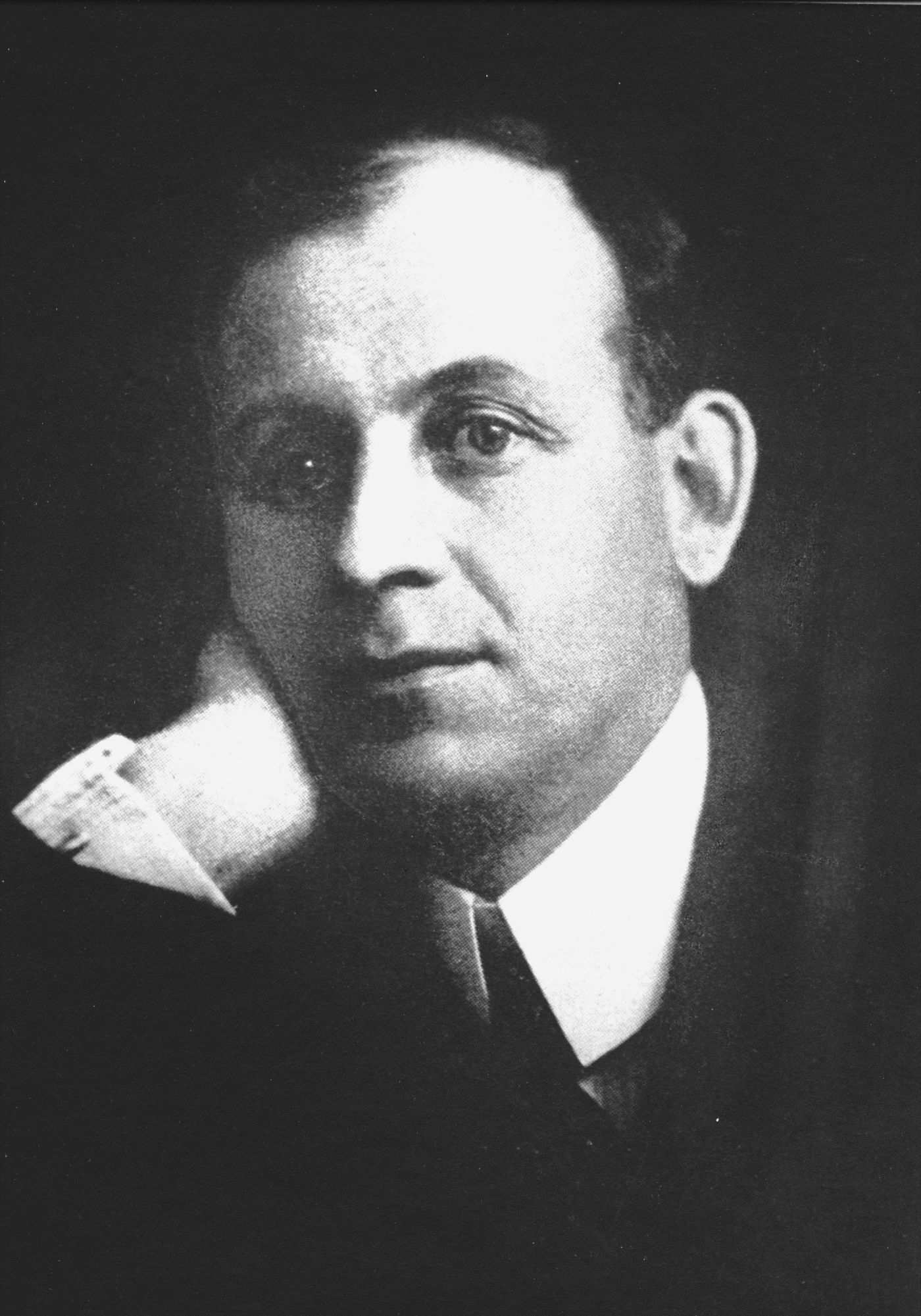The Government of Ontario proves to be intractable. Regulation 17 is here to stay. The Association canadienne-française d’éducation d’Ontario (ACFÉO) decides to bring the French-language school case before the Supreme Court of Ontario. It then turns to its founder-president and brilliant orator, Senator Napoléon-Antoine Belcourt, for representation.
In its final judgment rendered in November 1914, the Court does not accept the arguments of the renowned Ottawa lawyer. On the contrary, it rules that the official language of Ontario, as well as that of the Empire, is English. No other language, even if it is tolerated, has rights under the Canadian Constitution. The judge who reviews the appeal in 1915 is of the same opinion. Two years later, Senator Belcourt has barely little more success with the Privy Council in London, which ACFÉO decides to turn to as a last resort.
In the meantime, the parliamentary route does not produce better results. The Government of Ontario remains firm in its position. The unwavering support of the entire political class in Quebec is powerless. As for the federal government, it still refuses to interfere in the dispute.
It is probably the condemnation of Pope Benedict XV himself who deals the greatest blow to the defenders of French schools in Ontario. Forced to intervene in an effort to restore unity to a Canadian Church divided by conflict, the Supreme Pontiff blames Catholic dissent on the language divide, and directs Ontario’s Francophone and Anglophone Catholics to work together to preserve Catholic schools, even if it means the teaching must take place in the English language. The Pope’s position spreads dismay among Francophone Catholics in Ottawa. The ACFÉO, the French-Canadian episcopate, and the Quebec political class make repeated attempts to win the support of Rome for their cause, but to no avail.
Re-elected President of ACFÉO in 1921, Senator Belcourt devises a completely different strategy. He takes advantage of a breach that opens up in the province’s Anglophone elite opposed to French schools. He creates the Unity League, consisting of influential MPs, journalists and English-speaking scholars. His goal is to rally Anglophone public opinion over to the side of the Franco-Ontarian cause. He obviously succeeds when the Government of Ontario partly reverses its decision in 1927, although numerous other factors relating to the provincial and national economic situation likely also intervene in solving the crisis.
